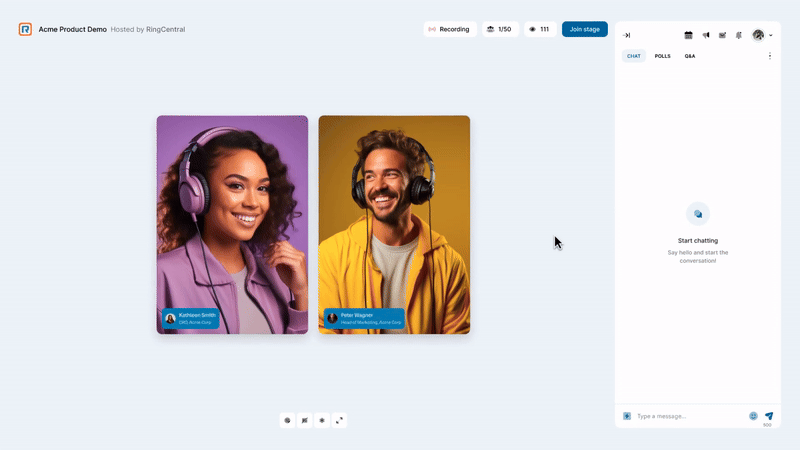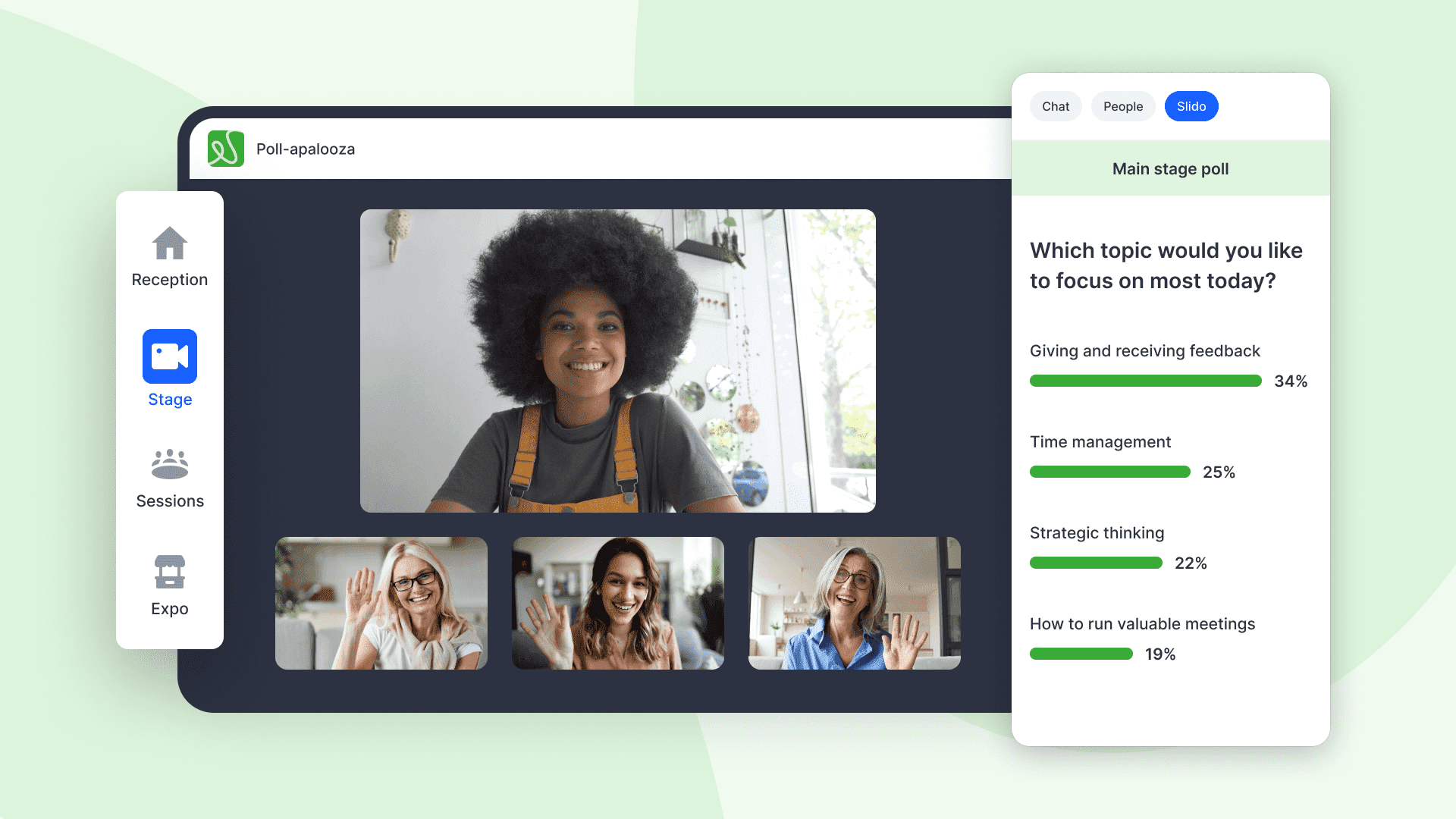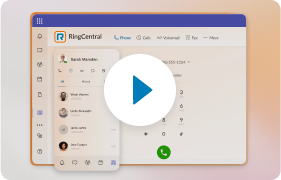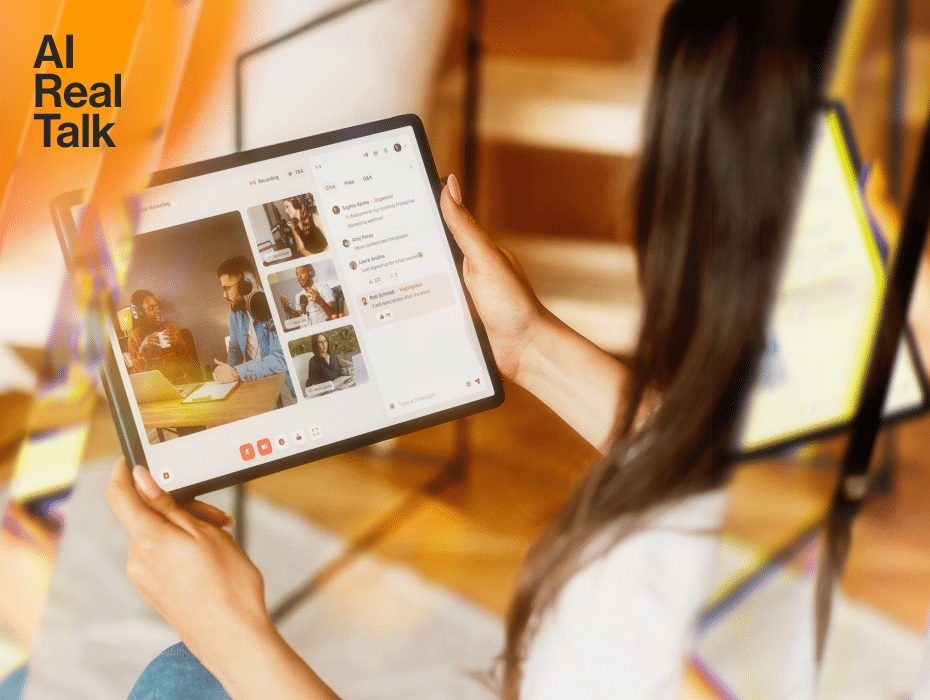Events should be designed with accessibility in mind from the start. During our recent Beyond the Venue: Event Strategies for Modern Marketers session, Kerry McLaughlin and Oddmund Braaten shared valuable insights on making events more inclusive.
Let’s explore some key takeaways from their discussion on “How to make your events accessible.”
Consider diverse needs when planning
Accessibility isn’t a one-size-fits-all approach. Event organizers must think about various types of disabilities and accommodations. This includes physical accessibility, visual and auditory aids, and cognitive considerations. By addressing a wide range of needs, you create an environment where all attendees can fully participate.
For example, Oddmund mentioned to examine your audience, and realize that not everyone in the world speaks English. In fact, 83% of the world don’t. Providing the language of choice for people in their native language makes for more accessible events. In addition, people don’t always listen during events. So providing captions or subtitles helps people in learning and understanding, especially for people who are hard of hearing.
Technology as an enabler

Leveraging the right tools can significantly enhance accessibility. For instance, AI-powered solutions can provide real-time captioning or translation services. Virtual event platforms offer features like screen reader compatibility and keyboard navigation.
Oddmund and Kerry mentioned the use of several integrations (all of which integrate with RingCentral Events), which can help bridge the gap and build a cohesive experience with in-person and virtual audiences.

These include:
- Interprefy: Adding real-time language interpretation
- Slido: Q&A for both in-person and virtual audiences to ask questions together
- Walls.io: Social media posts from various platforms shown on big screens onsite, but also present on the sidebar for virtual attendees
- Mentimeter: Combining real-time info gathered through word clouds and surveys from both onsite and virtual audiences
These technologies help break down barriers and create more inclusive experiences for all participants.
Train your team
Ensuring your staff is well-versed in accessibility best practices is crucial. This includes understanding how to assist attendees with different needs, being aware of the available accommodations, and fostering a welcoming atmosphere. A knowledgeable and empathetic team can make a world of difference in creating a positive experience for all attendees.
As for some ways to ensure a more inclusive event experience, Kerry mentions considering contrasting colors on sites and slides, with legible fonts, large images and graphs, and image descriptions.
Communicate clearly
Transparent communication about available accommodations is essential. Make sure to provide detailed information about accessibility features on your event website, registration forms, and promotional materials. This allows attendees to plan accordingly and feel more confident about participating.
Gather feedback and iterate
Improving accessibility is an ongoing process. Encourage attendees to provide feedback on their experience and use this information to make continuous improvements. What works well for one event may need adjustment for another, so stay open to evolving your approach.
To gather this feedback, Kerry references how registration questions and surveys are great ways to dig in to better understand audience needs and learn from their previous events.
Remember, creating accessible events isn’t just about compliance—it’s about fostering a truly inclusive environment where everyone can engage, learn, and connect. By implementing these strategies, you’ll not only improve the experience for attendees with disabilities but create a better event for all participants.
Want to learn more about this topic? Connect with our speakers on LinkedIn.
Watch the full session on demand, starting at 18:05.
Check out the other blog in our RingCentral Events AI Real Talk series here:
- Virtual events are evolving–is your approach?
- Beyond ChatGPT: AI’s strategic impact on events
- The critical role of events in modern marketing
- Building your brand and empowering yourself
Updated May 29, 2025












